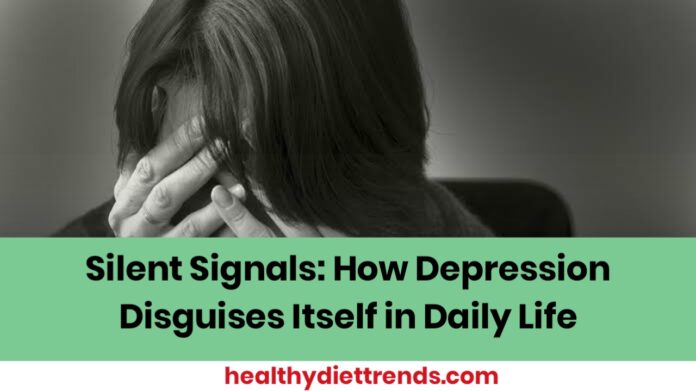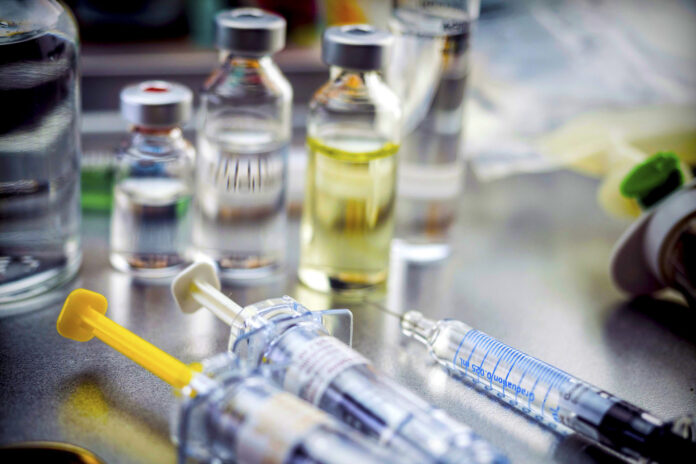Understanding Depression’s Hidden Faces
Depression isn’t always about feeling sad or crying all the time. In many cases, it wears a disguise—hiding behind physical pain, anger, or changes in sleep. You might not even recognize it for what it truly is.
If you’ve been dealing with constant irritability, sleeping too much or too little, or having mysterious body aches, it might be time to look deeper. Let’s uncover how depression hides—and when you should seek help.
Common Yet Overlooked Depression Symptoms
While most people know the classic signs—like sadness or loss of interest—depression can show up in subtle ways:
- Irritability & Anger: Overreacting to small issues or snapping at loved ones for no reason.
- Sleep Disruptions: Trouble falling asleep, waking too early, or sleeping all day.
- Anxiety: Restlessness, constant worry, or unease often walk hand-in-hand with depression.
- Sudden Crying Spells: Crying without reason or over minor frustrations.
- Memory & Focus Issues: Trouble concentrating, indecisiveness, or forgetfulness.
- Unexplained Aches & Pains: Chronic pain (especially back, joint, or stomach pain) with no medical cause.
- Substance Use: Drinking or using drugs to cope might mask deeper emotional issues.
- Appetite Changes: Loss of appetite or binge eating.
- Social Withdrawal: Pulling away from friends and family, even when support is needed most.
Men vs. Women: How Depression Differs

- Women often report emotional symptoms like sadness, guilt, and worthlessness.
- Men, however, may express depression through tiredness, anger, risky behavior, or substance abuse. They might bury themselves in work or avoid talking about emotions altogether.
- Alarmingly, while more women attempt suicide, men are four times more likely to die by suicide.
Important: Many men don’t seek help due to stigma or denial—but both men and women can and do recover with the right treatment.
When Should You Seek Help?
If you’ve experienced symptoms—emotional or physical—for two weeks or more, don’t ignore them. Here’s why treatment matters:
- It works. Even severe depression can be treated effectively.
- Early is better. Delaying treatment can make depression harder to manage.
Start by speaking to a trusted friend or family member. Then consult a doctor or mental health professional if:
- You suspect you may be depressed
- Depression symptoms disrupt your daily life
- You have thoughts of dying or self-harm
If you’re in immediate danger, call emergency services or the Suicide & Crisis Lifeline (988 in the U.S.).
What Depression Treatment Looks Like
Treatment often combines:
- Antidepressants: These help balance brain chemicals, though results can take 4–6 weeks.
- Therapy: Cognitive Behavioral Therapy (CBT) and other talk therapies can help change harmful thoughts and habits.
- Exercise: Regular aerobic activity is especially effective for mild to moderate depression.
- Patience: Finding the right combination of treatments might take time. Stay consistent and communicate with your doctor.
What You Can Do for Yourself
Besides medical care, some lifestyle changes can support your recovery:
- Exercise regularly: Physical activity boosts mood and reduces symptoms.
- Sleep well: Stick to a sleep routine and make your bedroom a peaceful, screen-free zone.
- Stay socially connected: Spend time with loved ones, even in small, casual settings. Human interaction is powerful—even when it doesn’t feel like it.
Conclusion: Step Into the Light
Depression can hide in plain sight. Recognizing its subtle signs is the first step toward healing. Whether you’re noticing these changes in yourself or someone else, there is hope—and help is always within reach.
Also Read : Is There Poison in Your Food? The Truth Behind the Girl Scout Cookies Controversy



